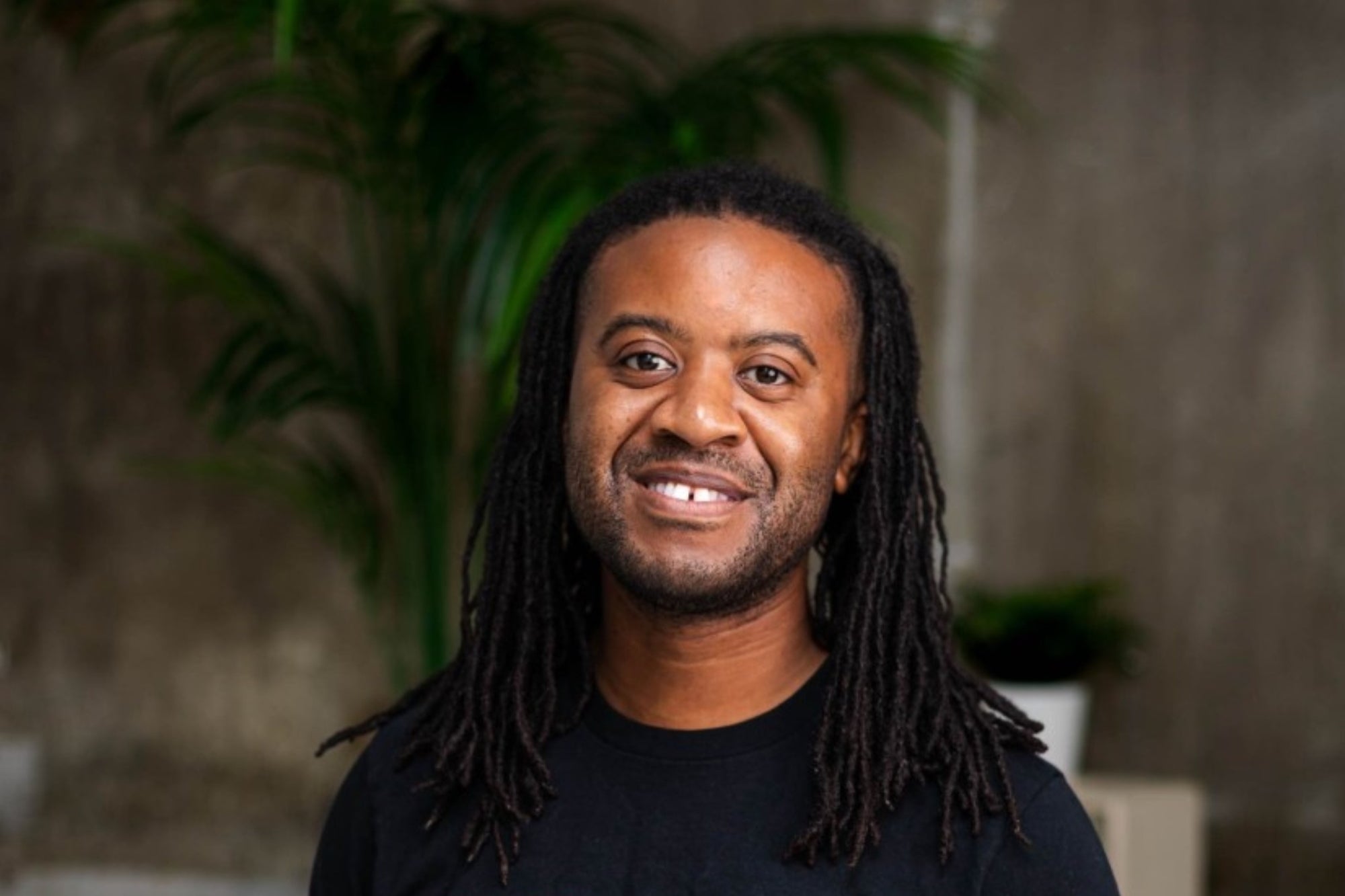Emotional Intelligence Is the Next Unicorn Skill Inside the mindset shift that's turning founders into human-centred leaders - and start-ups into powerhouses.
Opinions expressed by Entrepreneur contributors are their own.
You're reading Entrepreneur United Kingdom, an international franchise of Entrepreneur Media.

While much of the start-up world chases growth at all costs, Andy Ayim MBE, an advisor, facilitator and entrepreneur, whose work spans companies from Google to Uber, is asking a different question: what happens when founders lead with emotional intelligence, not ego? "Companies are the sum of the people they employ," Ayim says. "To embed a mindset, I believe you have to start with the individual and understand internally what they think and feel." This philosophy - centred not on productivity hacks or frameworks, but on emotional intelligence - has earned Ayim a reputation as one of the most thoughtful voices in UK entrepreneurship. In a conversation that moves from AI and remote work to trauma and truth-telling, he lays out a clear case for why human-centred leadership is not a soft skill - it's a survival skill.
The mindset behind the metrics
It's easy to talk about values. Much harder to change behaviour. Ayim argues that most start-up culture change efforts fail because they skip the most vital step: understanding what's happening inside each person. "By this, I mean it is important to understand how people process their feelings and thoughts, things such as their beliefs, attitudes and values," he explains. "This is what influences their mindsets and how they show up -observable behaviours." He shares an example: someone in a team might carry a deep-seated belief that they're "not good enough," stemming from childhood experiences. That belief, unless surfaced and challenged, will subtly shape their work, their relationships, and their sense of agency. "When you understand things like this, you can meet people where they are and ground them with a simple question, 'What is true?' This question can allow an individual to process and discover that what is true is that they are enough." This isn't therapy disguised as leadership - it's practical emotional work that enables people to show up more fully. And for Ayim, it's the foundation of any high-performing culture.
From 'family feel' to true safety
As a start-up scales, founders quickly shift from building products to building people. Many stumble. Ayim has seen it time and time again: well-meaning founders mistaking friendliness for psychological safety. "Start-ups don't come with a manager manual. As a founder, you might be brilliant at managing products, timelines and pitch decks, but people are not tasks to be optimised. They are whole human beings, with hopes, fears and brilliance waiting to be unlocked."
The 'family feel' often lauded in early startup culture can become a trap - masking avoidance of the hard stuff: feedback, accountability, conflict. "That 'family feel' culture can create warmth, but it can also mask avoidance. Avoidance of hard conversations. Avoidance of accountability and ownership. Avoidance of truth." Ayim calls on founders to reject the popularity contest, and instead, step into leadership that holds both care and candour. "True leadership isn't about being liked. It's about creating the conditions where people feel they belong and can do their best work. Where your people can take risks, speak openly and honestly, and grow."
In his view, the ultimate competitive advantage isn't code or capital. It's culture. "Because when your team feels seen, safe, and stretched - not just supported but sharpened - that's when they do their best work. That's when culture becomes your competitive advantage."
The rise of human-centred entrepreneurship in the UK
Ayim sees a shift emerging among a new generation of UK entrepreneurs. One that's less interested in hustle culture and more committed to building with intention. "I believe we're moving from founder-led hustle to human-led culture. The most forward-thinking UK entrepreneurs are realising that success isn't just about scaling products, it's about scaling people." This shift, he argues, is urgent. With AI, hybrid work, and shifting generational values, the rules of engagement are being rewritten. But the foundation remains unchanged: how we feel impacts how we perform. "Human-centred leadership is no longer a nice-to-have, it's the engine for innovation, retention, and fulfilment. I see a growing shift toward leaders who prioritise emotional intelligence, create space for truth-telling, and build cultures where people feel seen, safe and stretched." The businesses that will stand out in the next decade, Ayim says, will innovate not only in what they build - but in how they lead.
Tools for building emotional intelligence
It's one thing to value empathy. It's another to practice it. Ayim offers a practical tool called See–Hear–Speak, learned from a team at Psalt, as a transformative emotional intelligence framework for founders. "It begins with seeing the whole person, not just their output. Then, hearing - listening deeply to understand, not to fix. Finally, speaking with care by asking, 'What can I do to support you?'" This kind of emotional presence fosters what psychologists call psychological safety - the single most predictive factor in high-performing teams, according to Google's own research. "This simple practice builds emotional presence and psychological safety, the foundations of every growing start-up." This isn't about being "soft" on people - it's about unlocking their full potential.
Three practices that will define the next decade
When asked what specific leadership practices UK start-ups should embrace over the next 10 years, Ayim doesn't hesitate. "The start-ups that stand out won't just innovate in what they build, but in how they lead." He breaks it down into three core practices:
- Listening before leading
"Founders who stay curious about how their people feel and think will build cultures rooted in trust, not just talent." - Courageous conversations
"Replacing avoidance with care and candour will create environments of truth, accountability, and growth." - Designing for belonging
"Building teams where every person feels safe, seen and stretched will turn inclusion from a statement into a system."
The goal isn't just better culture - it's scaling people. "In short, human-centred leaders won't just manage people, they'll multiply potential. And that will be their unfair advantage."
Building in a world of AI and uncertainty
Ayim isn't blind to the rapid evolution of work - he embraces it. But while others fear AI will replace human jobs, he sees it differently. "Don't try to compete with AI, see it as a co-pilot that complements the unique brilliance and creativity of your people." The real edge, he says, isn't speed or data. It's empathy, imagination, and human connection. "AI can handle repetition, but only humans can bring deep empathy, emotional intelligence, and courageous imagination to the table."
In an increasingly remote and tech-first world, it's not the tools that make the difference. It's the environment leaders create. "Culture becomes your anchor. The leaders who win won't just adopt new tools; they'll create environments where people feel they belong, are challenged, and are trusted to lead."
Ayim doesn't offer silver bullets. What he offers is deeper: a way of thinking about leadership that is anchored in humanity, scalable with purpose, and essential for the unpredictable future we're all stepping into. "The future belongs to founders who prioritise human connection." He leaves us with a challenge - a mindset shift that sounds deceptively simple, but could reshape everything: "People are not tasks to be optimised." In a world chasing productivity, it might be the most revolutionary idea of all.











